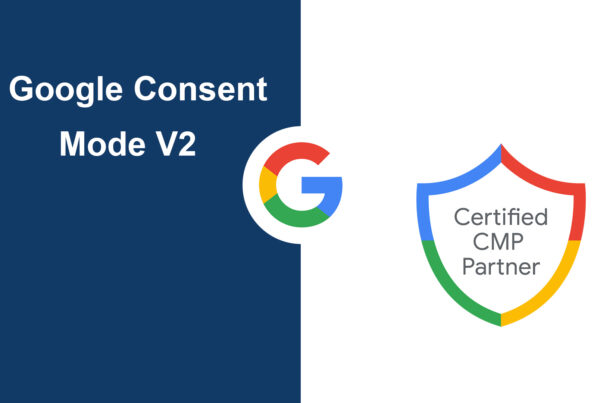A long time ago, in a galaxy far, far away, there was a fight about the best way to optimise your website, to have it land at the top of search engine result pages (SERPs).
As you might have guessed by the initial paragraph, and now that the Star Wars The Last Jedi has just come out, we will leave here a comparison between the world in a distant galaxy far, far away and the universe of search engines that are part of our reality.
We can find many analogies between the Star Wars movies and our SEO practices.
The algorithms of search engines are as enigmatic as the Force in Star Wars.
In the saga, there is the Jedi Order, which is part of the light side of the Force, and the Sith Lords, who make up the dark side of the Force. In the SEO world, we have Black Hat, equivalent to the dark side of the Force, and the White Hat, the light side.
The analogy of the Sith versus the Jedi is perfect since, for those who are starting their site from scratch, it can be tempting to surrender to the appeal of Black Hat, since it theoretically can give quicker results. However, it also has serious consequences.
Just like the dark side of the force that often tried to seduce the most vulnerable, inexperienced Jedi with a penchant for dark attitudes and thoughts, like Anakin Skywalker, who became the famous and feared Darth Vader, the dark side of SEO, known as Black Hat SEO tries to convince a person to use features like hidden texts, automated spam links, and other similar tactics.
Black Hat in the world of SEO
We know that Google seeks to provide users with the most reliable and consistent search results, always placing the most relevant sites in the top positions. We are also aware that the company uses hundreds of variables to define the placement of a site according to keywords, as well as using its robots (or Googlebot, better known as crawlers) to detect pages, check their links and maintain the updated information for indexing.
In the context of SEO, Black Hat is nothing more than a grouping of techniques that try to manipulate the main variables of Google (deceptive content, hidden text, cloaking, link farms, etc.).
The primary goal is to deceive search engines, making the pages of their interest stay at the top without necessarily becoming a real reference for the proposed theme or even by delivering decontextualized content in relation to the keywords searched by Internet users.
Why you should never use Black Hat SEO tactics on your website.
At first, the thought of quick success may seem extremely tempting to inexperienced users. But Google categorically states that it can identify the vast majority of tricks that try to circumvent its search engines, through Googlebot.
Google can take a number of steps to punish the rogues who cheat on their search engines. Among the most common is the loss of rankings and position of the site in question. The most drastic is undoubtedly the banning of the site, which happens with the de-indexation (deletion) of the site from its index.
To balance the dark side of the force, there must be an opposite. In SEO, the hero is the white hat. It brings together a number of smart tactics that can boost your site position on Google and achieve the desired success without penalty risks.
Use the force the right way with White Hat SEO techniques.
We can compare the use of the force with a well-done pre-work of SEO analysis. Use the force for what you really need.
Here are some basic tips on White Hat SEO techniques that pose no danger and help improve your rankings:
-
On-page SEO – Optimizing and improving the pages Meta Titles/Descriptions, using SEO friendly URLs, fixing HTML & CSS errors, Internal Links, etc.
-
Having a responsive and user-friendly website – Smartphones and tablets have dominated the world, and most of the time, people only access the internet through their mobile device. That’s why creating a responsive, well-designed version of your site is critical because it improves your audience’s user experience, increasing the likelihood of winning a returning visitor or customer.
-
Off-Page SEO – High-quality niche related links from authority websites.
And importantly, always have in mind that Content is the basis of a good SEO strategy. One of the most significant principles of marketing is that a good product makes your sales infinitely easier.
With your content, the same thing happens: build a strategy that is based on what people want to read, how they want to read it and how they will have access to it. Considering these three points before you begin to produce your content, you are already halfway to achieving excellent results.
In addition, we know that a returning fan base for your website or blog is primarily built on quality and informative content. This causes people to regularly enter your site in search of new content, thus becoming loyal followers. Also, the more Unique, Interesting and Engaging content you produce, the greater likelihood of other sites naturally linking back to your website.
In conclusion: Strive to deliver the best content to your readers, always focusing on information your target audience cares about, without neglecting good SEO practices, for positive long-term results. If you need help, do not hesitate to contact us.










